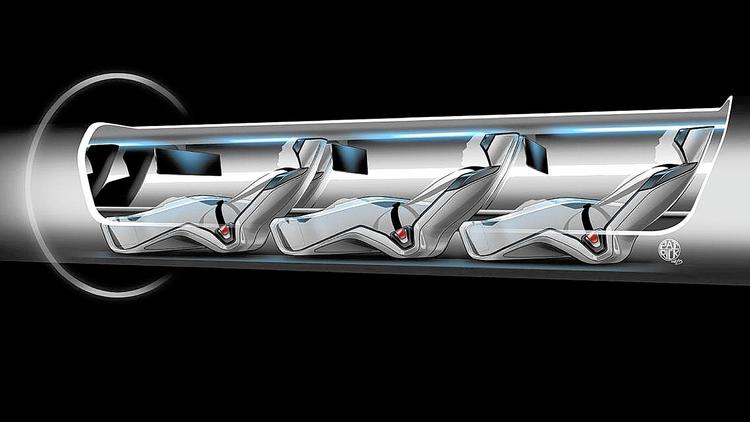Apr 8, 2015
Which Industry Will Produce the Next Henry Ford…Space? 3D Printing? Biotech?
Posted by Seb in categories: futurism, human trajectories, innovation
By Georgia Dienst — SingularityHub
Modern machines, powerful and clever, have enabled us to attempt seemingly impossible tasks, like traveling to the moon. Now, mere decades after Apollo’s computers guided us to the lunar surface, millions carry vastly more processing power in their pockets. What once seemed science fiction—it’s possible today.
The incredible acceleration and exponential development of machines is driven by our unsatisfiable curiosity and constant drive for progress. And there is little doubt the rate of change will continue as our curious minds push into the unknown. Read more















